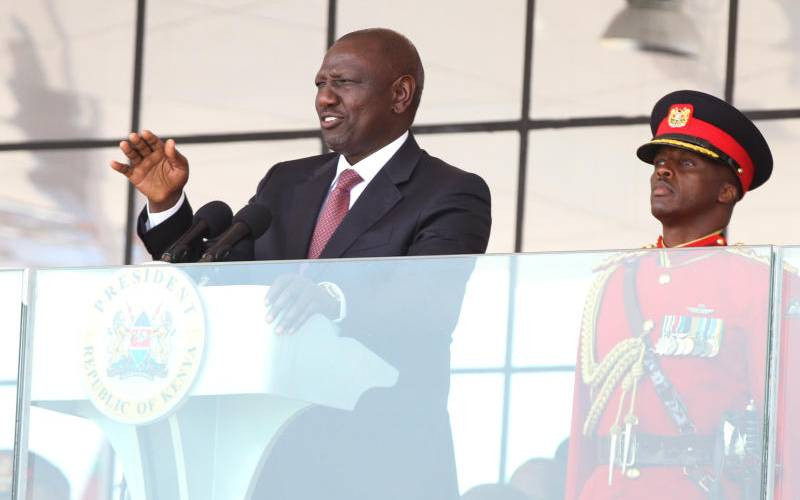
In Francis Imbuga's play Aminata, there is a character called Agege. He was a master of odd jobs, known for his famous "change is as good as rest" utterance. He would declare that "my mouth is for truth" to those who doubted his judgment. Therefore, my mouth is for the truth that Kenyans have been patient with William Ruto's government because the hustler's regime came as a relief to a country that was hankering for some change. Yes, some change!
One thing has stood out about Kenyans. They can now endure higher fuel prices while we all know how noisy they were over high fuel prices before the general election. It means hopeful people are ready to sacrifice for the nation-provided they can see a light at the end of the tunnel.